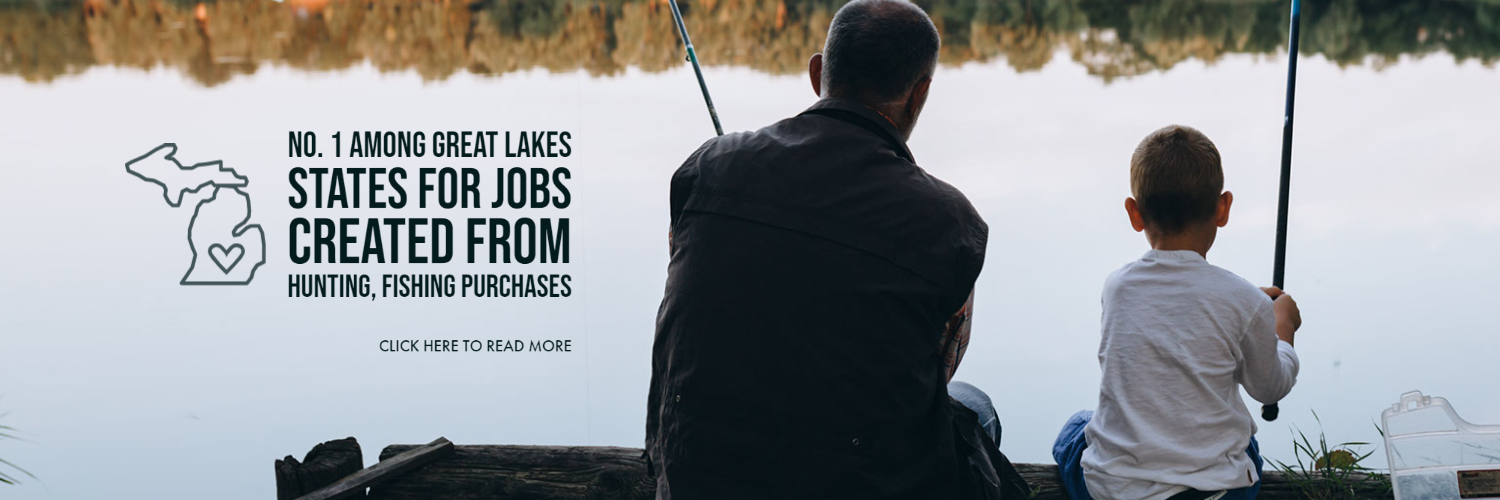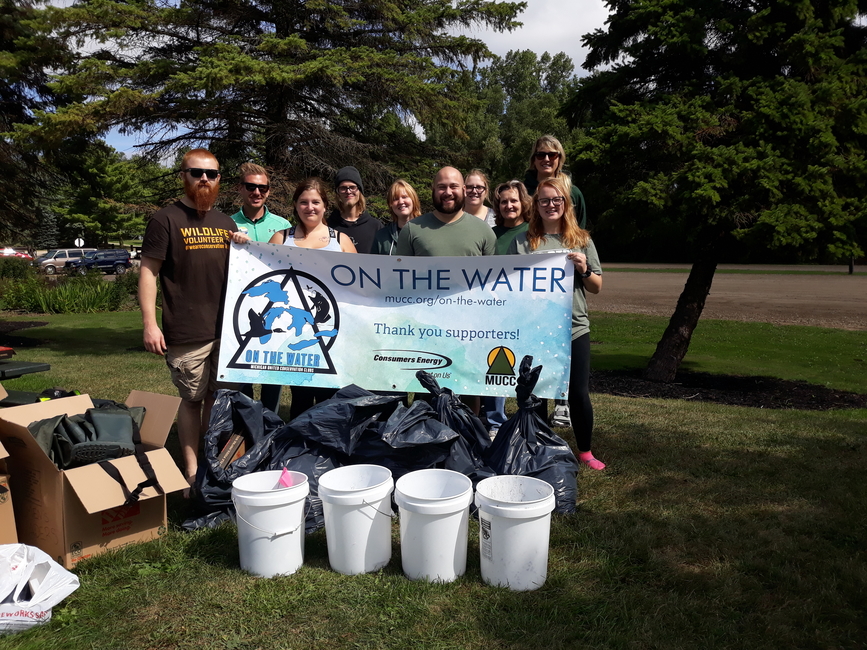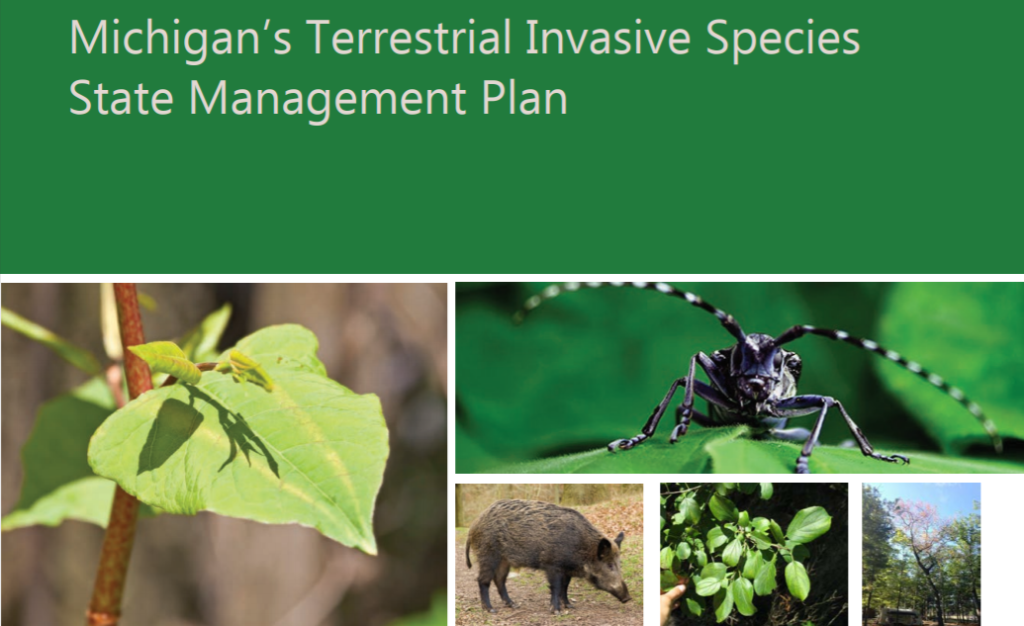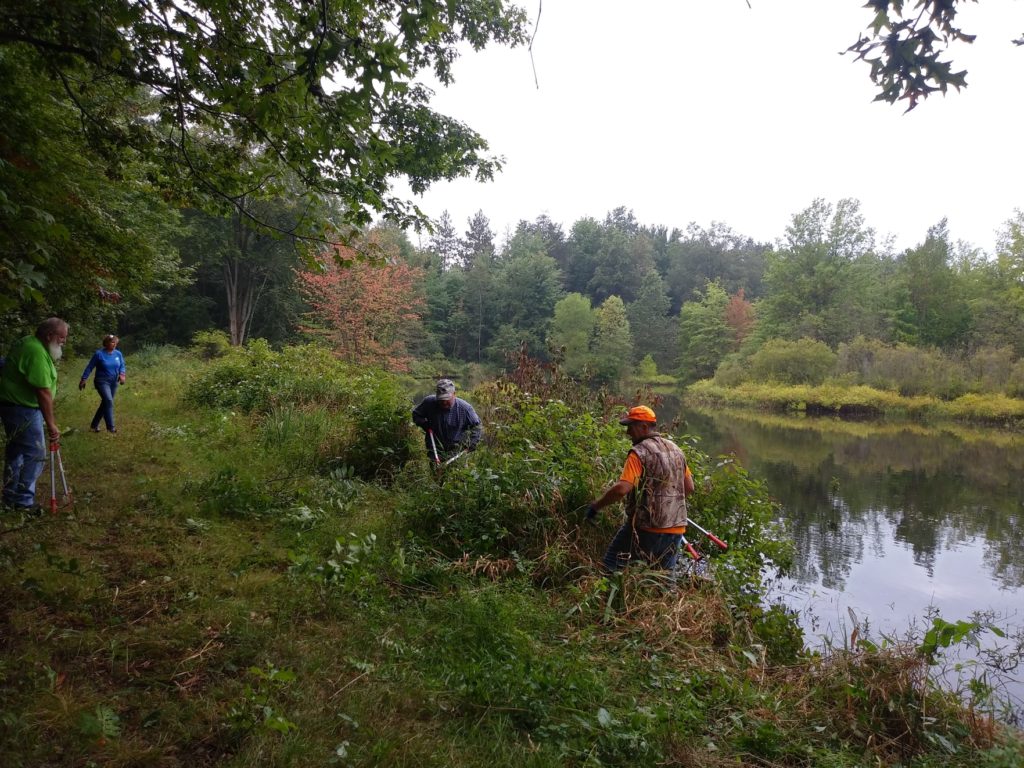Michigan United Conservation Clubs is the largest statewide conservation organization in the nation. Founded in 1937, our mission is to unite citizens to conserve, protect and enhance Michigan's natural resources and outdoor heritage. This mission drives everything we do as an organization.

Your membership also makes you an active participant in Michigan's conservation community. As a member of MUCC, you can propose conservation policy resolutions that form the backbone of our efforts in Lansing. By joining MUCC, you can set the direction for hunting, fishing, trapping and conservation policy for Michigan.
Help us continue to defend your rights to hunt, fish and trap in Michigan today. Your generous contribution allows us to put on our yearly summer camp for kids, restore habitat across the state, and fight anti-hunting legislation in Lansing.
BLOG
The On the Water, program funded by Consumers Energy Foundation has been quite busy lately! On Saturday, September 7th ten volunteers came out to Lake Lansing Park South to help clean up the beach and the surrounding areas after labor day activities. In total 5 bags of trash and recyclables were picked up which came…
Read MoreAt MUCC, we combine education, advocacy and on-the-ground work to conserve and protect our natural resources. Speaking to all who read this blog, our rich natural resources are under a constant threat from invasive species. As stewards of our land, it is our job to become educated about these invasive species and take appropriate action…
Read MoreVolunteers braved inclement weather on Friday, September 6 to clear up the edges of a dike in the Gratiot-Saginaw State Game Area near Ashley. After meeting at the old DNR field office, volunteers made the short trek to the dike to begin clearing excess woody debris to improve water flow through the wetland. The primary…
Read More







